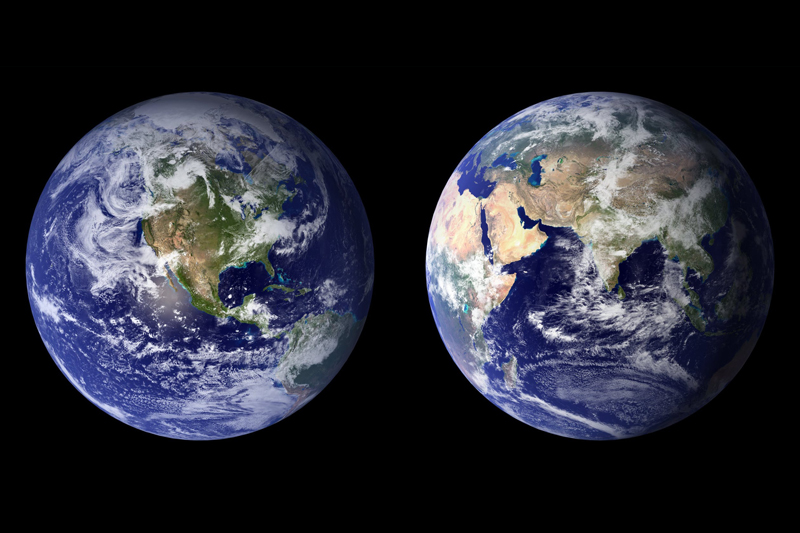Should we eat more fish?

While many diets are recommending we eat more fish, that may not be a good idea, or even possible for much longer. The UN Food and Agriculture Organization considers about 75 percent of all fish fully-exploited, over-exploited, or depleted.
Just last December, the new international body called the Western and Central Pacific Fishery Commission imposed a freeze on bigeye and albacore. Throughout the Pacific, it is widely documented that these two species have recently joined the lucrative southern bluefin tuna on the overfished list. In fact, southern bluefin already is considered an endangered species by the World Conservation Union. Shameful shark finning has also caused numerous shark species to plummet as well and a few sharks such as the great white are considered vulnerable to extinction. The recent announcement last month by the U.S. government that yellowfin tuna is also being overfished in Pacific will undoubtedly send a shockwave throughout the U.S. and the Pacific.
Recent scientific reports document that the biomass of these large fish have declined by about 90 percent in the Pacific since 1950, since new technologies have allowed us to fish further from shore for longer periods and catch more fish.
This is all bad news for the dozens of impoverished Pacific island nations that have leased their national waters for pennies on the dollar to foreign industrial longline vessels to catch and export their fish primarily to the U.S., Japan, and the EU. For some of these small Pacific nations, fishing licensing fees contribute as much as 70 percent of their GDP. When greed and waste finally leads to collapse of these fish, millions of people throughout the Pacific will sink even further into poverty. Canneries are already cutting their hours or even shutting down for want of fish. Stories abound of crews mutinying or being abandoned in foreign countries by captains who couldn't pay them.
The only way out of this crisis is to catch less, pay more, and stay out of critical areas of the ocean.
(Written with Dr. Robert Ovetz, director of the Save the Leatherback campaign.)
Just last December, the new international body called the Western and Central Pacific Fishery Commission imposed a freeze on bigeye and albacore. Throughout the Pacific, it is widely documented that these two species have recently joined the lucrative southern bluefin tuna on the overfished list. In fact, southern bluefin already is considered an endangered species by the World Conservation Union. Shameful shark finning has also caused numerous shark species to plummet as well and a few sharks such as the great white are considered vulnerable to extinction. The recent announcement last month by the U.S. government that yellowfin tuna is also being overfished in Pacific will undoubtedly send a shockwave throughout the U.S. and the Pacific.
Recent scientific reports document that the biomass of these large fish have declined by about 90 percent in the Pacific since 1950, since new technologies have allowed us to fish further from shore for longer periods and catch more fish.
This is all bad news for the dozens of impoverished Pacific island nations that have leased their national waters for pennies on the dollar to foreign industrial longline vessels to catch and export their fish primarily to the U.S., Japan, and the EU. For some of these small Pacific nations, fishing licensing fees contribute as much as 70 percent of their GDP. When greed and waste finally leads to collapse of these fish, millions of people throughout the Pacific will sink even further into poverty. Canneries are already cutting their hours or even shutting down for want of fish. Stories abound of crews mutinying or being abandoned in foreign countries by captains who couldn't pay them.
The only way out of this crisis is to catch less, pay more, and stay out of critical areas of the ocean.
(Written with Dr. Robert Ovetz, director of the Save the Leatherback campaign.)

Related Articles
Editor's Picks Articles
Top Ten Articles
Previous Features
Site Map
Content copyright © 2023 by Wendy Amato. All rights reserved.
This content was written by Wendy Amato. If you wish to use this content in any manner, you need written permission. Contact Ije Yvonne for details.


